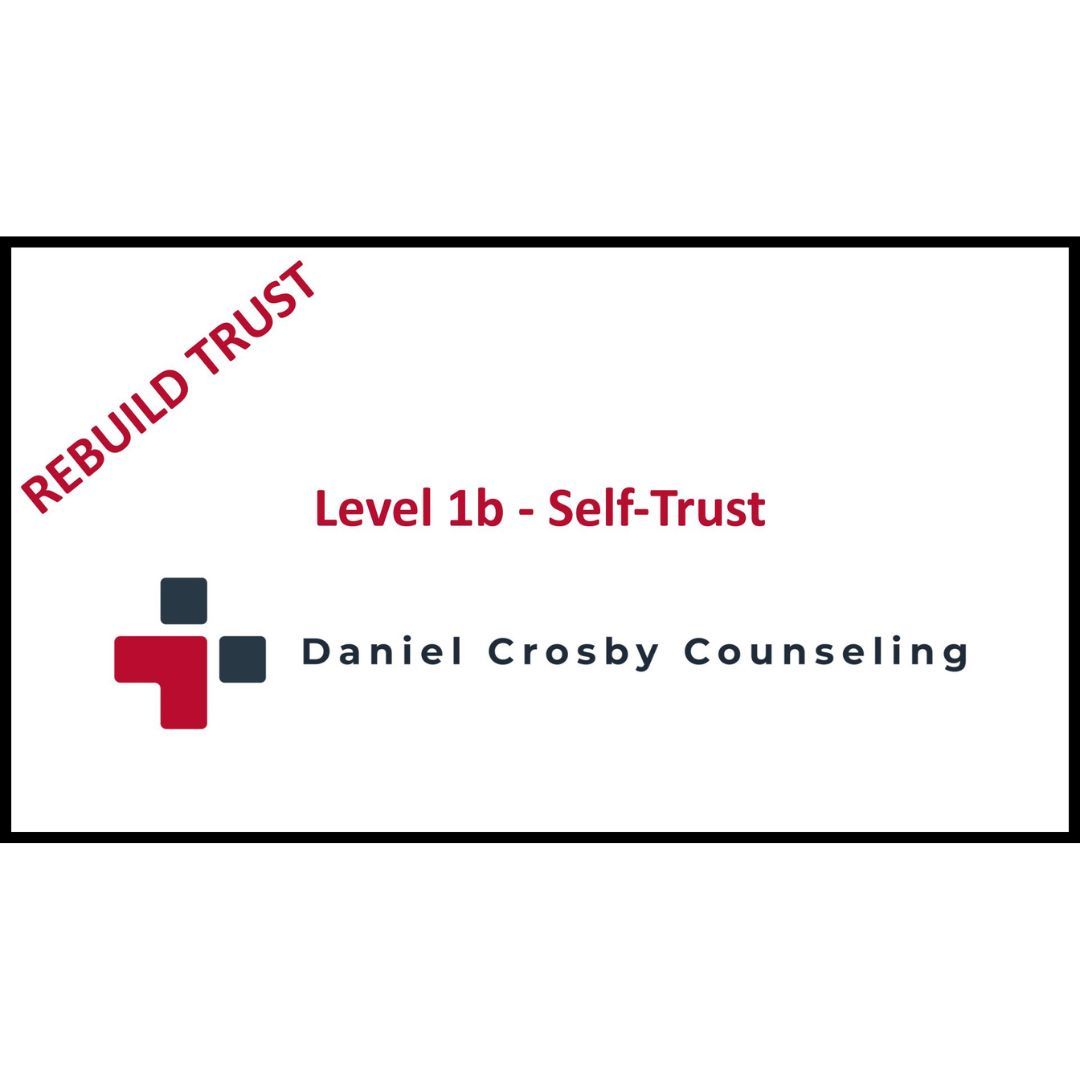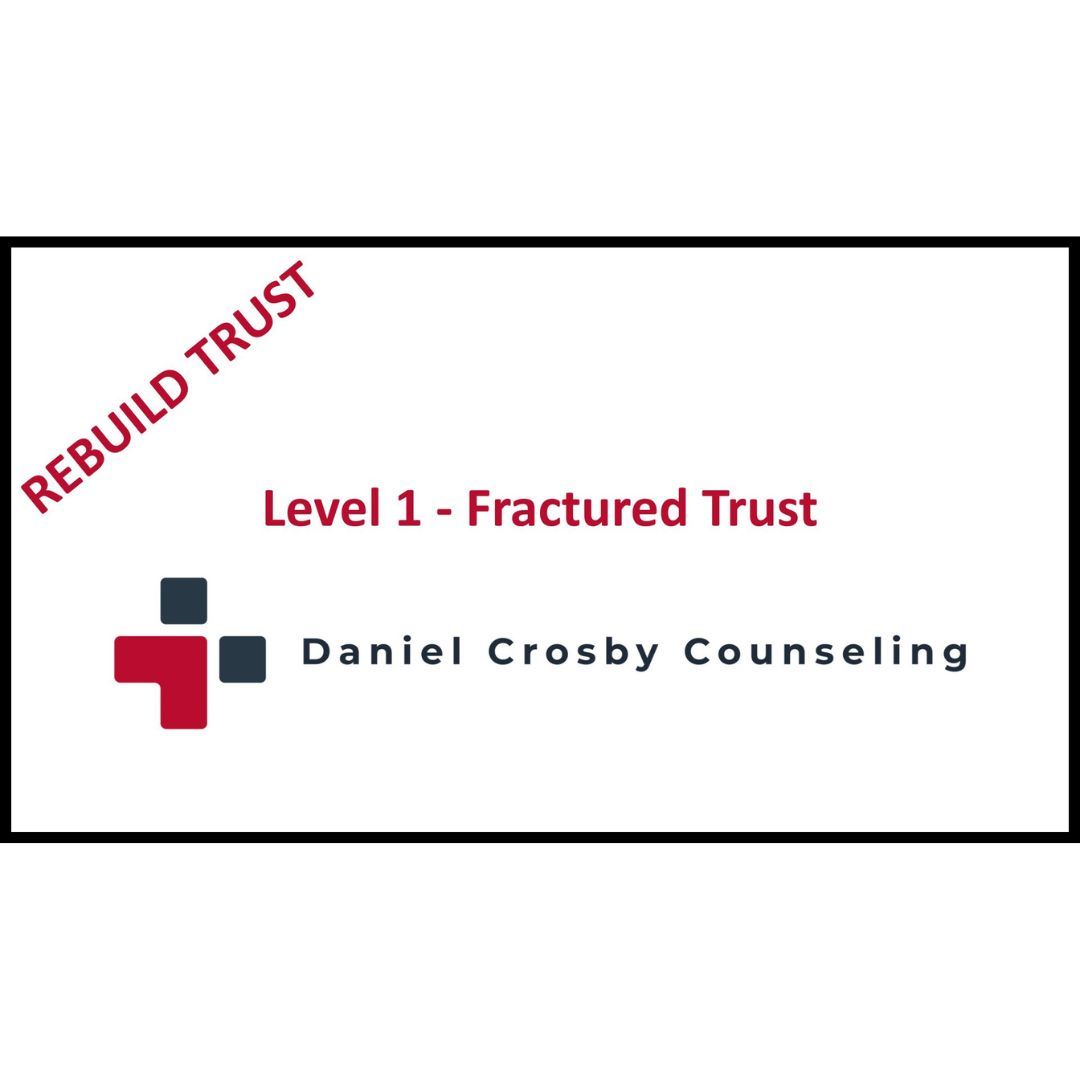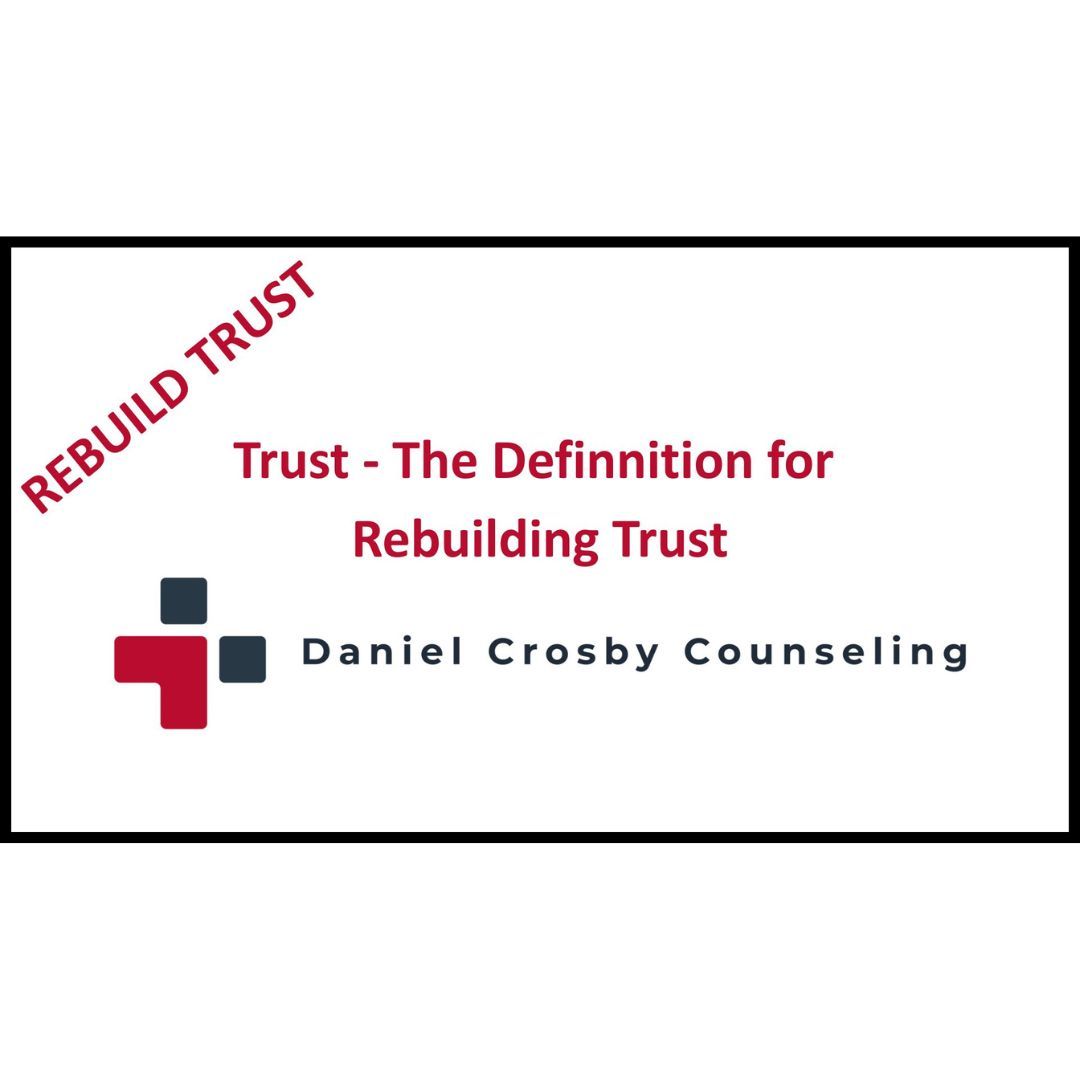"The Mountain is You" Book Review
Daniel Crosby • September 25, 2024
“The Mountain is You” by Brianna Wiest is a solid self-help book. Its premise is that the biggest problem you have is YOU.
Underline the word SELF in self-help.
There’s a lot of truth to this. I find our culture to be increasingly victim oriented. You know…It’s “the man” keeping me down. It’s my childhood and bad parents that hold me back. It’s old trauma that keeps me from being free.
While these things may be true, the greater truth is that YOU are the one who must overcome them. No one else (on this side of heaven) is going to come rescue you from your hurt. No one else can make you heal.
Unfortunately, that means we often end up in a cycle that keeps us frozen and we make the same self-sabotaging mistakes over and over. We choose the same toxic relationships. We stay in a miserable job with an abusive boss. We get angry instead of getting active.
If you want to discover where the problems lie in your life, create a plan of action, and take that first step, check out “The Mountain is You” by Brianna Wiest.
(As a final shameless plug, I could see how this book could be incredibly valuable as resource to use alongside talking with a therapist. Read a chapter, ponder it, journal on it, then go discuss with your therapist. Rinse and Repeat.)

Level 1b: Self-Trust After betrayal, many people don’t just lose trust in their partner, they lose trust in THEMSELVES. “Did I miss the signs?” “Was I naive?” “Can I ever trust my own judgment again?” Rebuilding self-trust is not about becoming fearful or suspicious of everyone. It’s about reconnecting with your perceptions, instincts, and internal signals and learning to respect them again. Maybe you sensed something was off but talked yourself out of it to preserve the relationship or the family. That doesn’t mean you’re bad it means you were trying to do the right thing and ended up getting bit. This level runs through EVERY stage of trust rebuilding. Even as your partner becomes more consistent, your work is to begin to listen to your inner self again. When self-trust grows, you’re no longer relying entirely on your partner’s behavior to feel safe. You begin to carry safety inside yourself again. For the partner who caused the harm: Be patient. Support your partner in regaining confidence in their own feelings and reality. Avoid defensiveness, minimizing, or anything that resembles gaslighting. For the betrayed partner: Practice trusting your instincts and emotional responses. Recall times when you listened to your gut well. Reestablish what you will and will not accept in a relationship and honor those boundaries consistently.

Level 1: Fractured Trust After a betrayal trust shattered. People in this level say, “Everything feels broken. I don’t know if I can ever trust again.” That makes sense, because betrayal doesn’t just hurt your heart; it disrupts your sense of reality and safety. But you’re still here; still considering what repair might look like. The fact that you haven’t walked away entirely says there’s a part of you that hopes healing might be possible. Level 1 is not about forgiveness or resolution. It’s not about moving on. It’s about honesty, stabilization, and finding safety again. This is also a time to avoid impulsive emotional decisions. You don’t have to decide the future today. You just have to survive today and take good care of yourself. You don’t have to know yet whether trust can be rebuilt. Right now, the only question is: Can we create enough safety for healing to begin? And that… is a powerful place to start. For the partner who caused the harm: Acknowledge the pain without defending, minimizing, or explaining it away. DO NOT SAY: “I didn’t mean to,” or “It wasn’t that bad,” or “You’re overreacting.” SAY THIS: “I see the damage. I take responsibility. I’m willing to repair.” Your tone, attitude, and consistency matter more than your words right now. For the betrayed partner: Your work is not to “get over it,” but to let the pain be real without letting it control your life. Try not to distract or numb yourself to the point that you can’t feel anything. This is where trusted friends, a good therapist, or a pastor can come alongside you to help.

Before we jump into the Levels of Trust, it's important that we have a good working definition of how to rebuild trust. "AUTHENTIC CONSISTENCY WITH TRANSPARENCY OVER TIME" Authentic - This cannot be manipulative, spiteful, fake, or contrived. It is humble, cheerful, and freely given. Consistency - Tell me what you're going to do and then do it. Transparency - Whatever you do, do it wide open. No hidden actions, agendas, or ulterior motives. Time - Do it over and over again for as long as it takes. Focus on this definition as we jump into the Levels next time!

